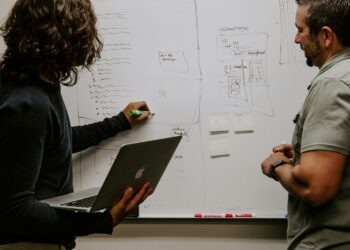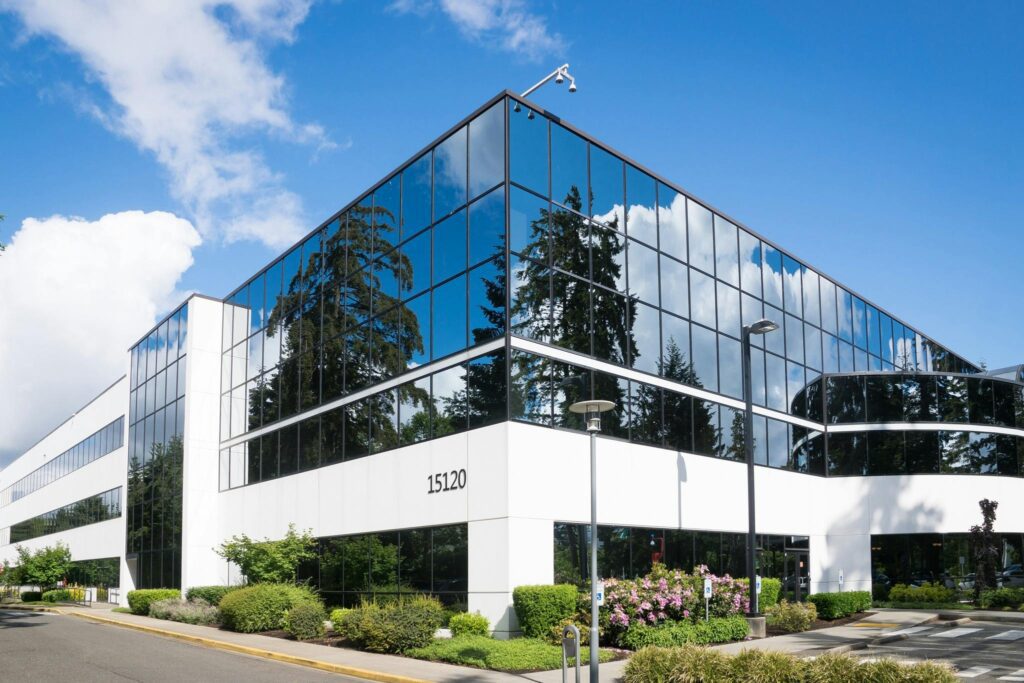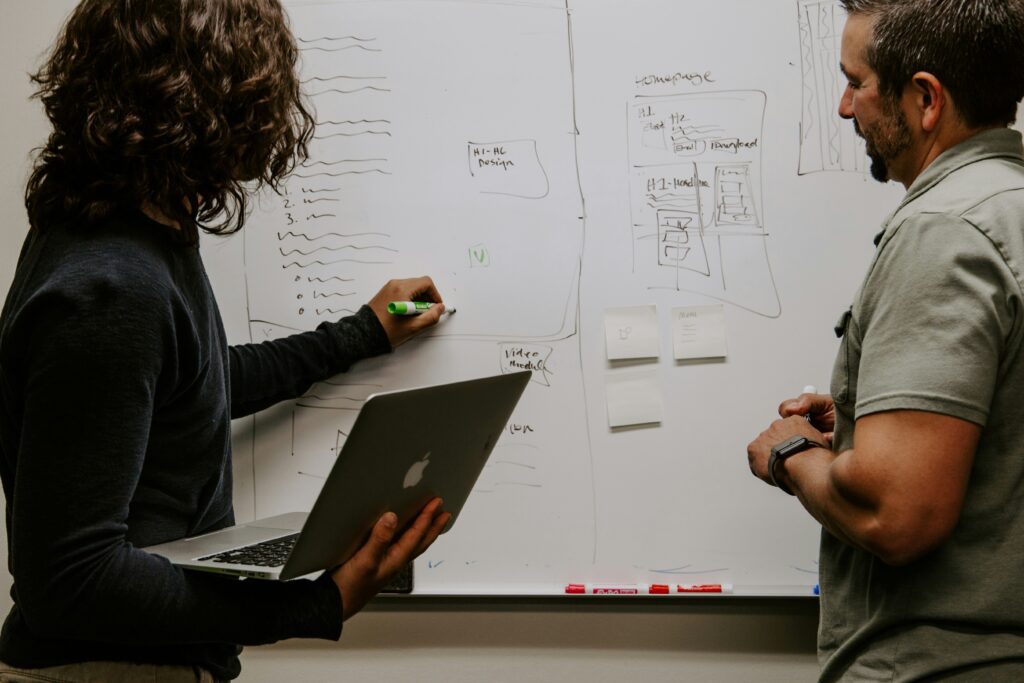Three decades ago, the American sci-fi author Neal Stephenson introduced the idea of a dystopian future designed for the privileged few. In his 1992 novel Snow Crash*, the theme revolved around a future world where people can escape into an alternative 3D realm. In this same novel, he introduced the word metaverse and imagined the concept of the avatar.
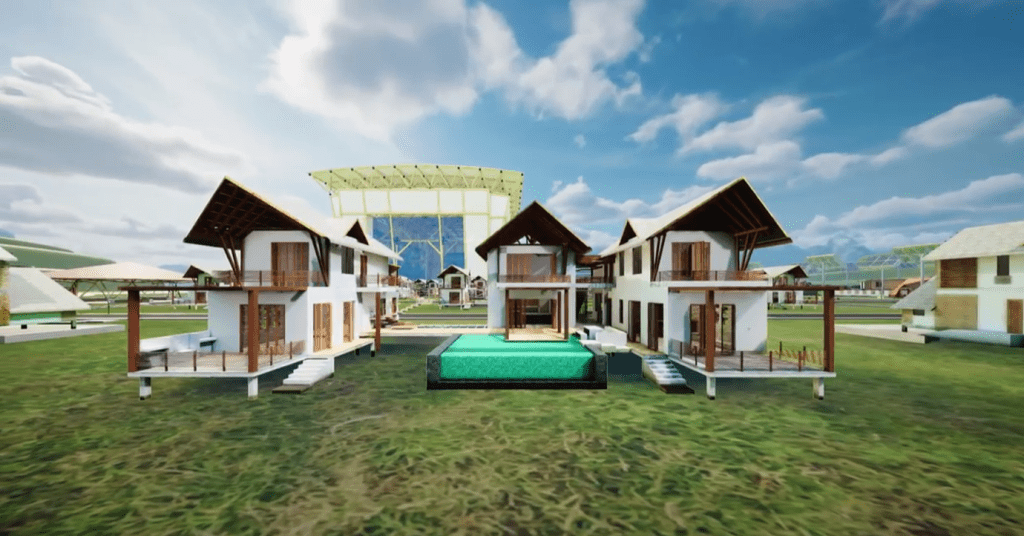
While the term metaverse has been popularly attributed to Snow Crash, the idea of virtual reality (VR) has been around way before its time. VR technology and VR devices have been essential in medical, flight simulation, automobile industry design, and military training purposes. Providing the immersive environment and experience for learning and discovery, VR is the crux of today’s metaverse. However, metaverse proponents believe that possibilities are not limited to VR. As it evolves, the metaverse may incorporate other technologies such as augmented reality and mixed reality to provide a depth of experience that can be shared by various internet users everywhere – a shared reality*.


Metaverse Defined
The metaverse is a digital world that exists alongside the physical world, where users can interact with each other and the environment through personalized avatars. It is a concept that encompasses immersive and hyper-realistic virtual environments, and has the potential to revolutionize how we work, play, and socialize in the future. Many also call it the next iteration of the internet and is intertwined with what is known as Web 3.0*.
In recent years, the metaverse has gained considerable interest among tech giants. From Facebook to Microsoft to Roblox, companies have been in the race to get their share of this emerging industry. Statistics indicate double-digit growth rate and experts predict that the metaverse market may reach $783.3 billion in 2024 vs. $478.7 billion in 2020, representing a compound annual growth rate of 13.1%*.
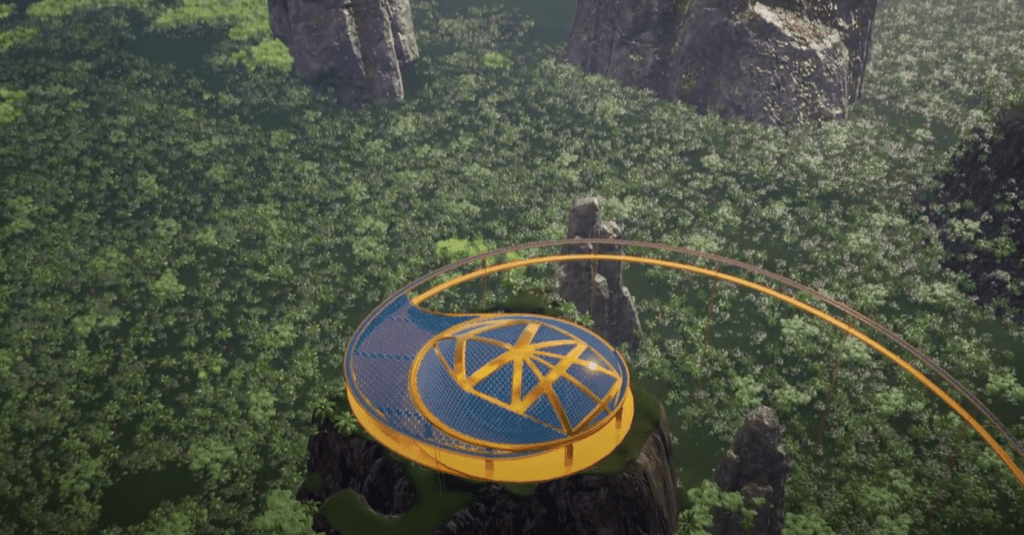
The Next Big Thing
You may have seen and heard of the metaverse. But what about the multiverse? Essentially, both these terms refer to a shared space that allows people to experience an immersive world, through virtual reality and augmented reality technologies. While it is implied that a multiverse is made up of different metaverses, the value it brings goes further. After all, we are not just talking about role playing games anymore.
In a multiverse, there are more possibilities to combine real-world opportunities with virtual experiences. The GOLD Multiverse is one such example. Inside GOLD, there are various worlds that let people interact virtually and physically. You can contribute to initiatives like helping build an eco-park, you can buy tokens and pay for purchases with them, or even train or take classes inside GOLD. And then, step into the park in Bali, connect with your trainers and mentors face to face, and earn from your digital assets in real life. This synergy is what differentiates the multiverse from the internet we know today.

Multiverse and Utility
The multiverse is only the beginning. Through evolving technologies, parallel realities are now possible. But what does it really contribute? Here are some potential applications:
- Gaming*: For many years, VR has been used extensively in gaming, which makes it one of the most obvious applications of the multiverse. Players will be able to fully immerse themselves in the game world and interact with other players in real-time.
- Education and training: The multiverse can be used to create immersive and interactive environments, allowing people to learn in a more engaging and effective way. For example, within the GOLD Multiverse is the fitness metaverse, META Gym, which would allow users to train with the world’s top fitness experts virtually as well as in real life.
- Communities: The multiverse can be used to connect people from all over the world. Groups can hold virtual meetings, events, and conferences, without the need for travel or to converge in one physical location.
- Virtual tourism: The multiverse can be used to provide virtual tours of places that people cannot physically go to. Using the combined power of metaverse, AR, and VR, people can enter an enhanced virtual world.
- Media industry: The multiverse can be used to create virtual worlds for the media industry. It can serve as a tool to create virtual sets for filming and provide a more immersive experience for people.
- Retail: The multiverse can be used to promote brands in ways that have never been done before. Technology can provide greater engagement and make people see brands in a whole new light. The Italian fashion houses Maison Valentino and Prada are just some of the luxury brands that have created fashion for avatars and are taking steps towards commerce in the metaverse*.
- Real Estate: Inclusivity is one of the values of the multiverse, connecting people from various demographics and persuasions and making it possible for them to co-exist and thrive. In the multiverse, everyone can be given a chance to purchase the real estate of their dreams. Imagine being able to purchase parcels of land or luxury properties minus the exorbitant prices.
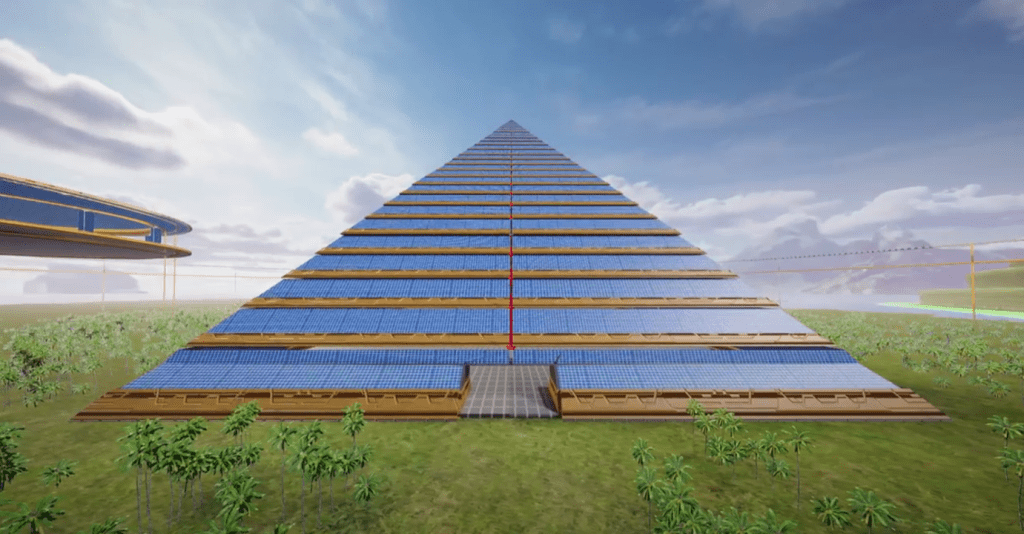
These are just among the known uses of the multiverse, and with constantly evolving technologies, the future is practically limitless. Real or reel? With the possibilities offered by the multiverse, it can be both. And more.
Author
Ronny Tome is the Executive Chairman of the Ducatus Group. An early blockchain and cryptocurrency adopter, Ronny once held the record for the highest crypto transaction when he sold a luxury villa in Bali in exchange for Bitcoin. As the founder of Ducatus, Ronny’s vision is to bring blockchain to everyday people and encourage its application in everyday life. Ducatus created the DucatusX blockchain and is the technology partner of the new GOLD Multiverse.
References:
https://www.statista.com/statistics/1295784/metaverse-market-size/
https://www.bloomberg.com/professional/blog/metaverse-may-be-800-billion-market-next-tech-platform/
https://www.voguebusiness.com/technology/valentino-to-dress-meta-avatars-in-digital-fashion
https://www.weforum.org/agenda/2022/11/property-buying-in-the-metaverse-is-the-future/


